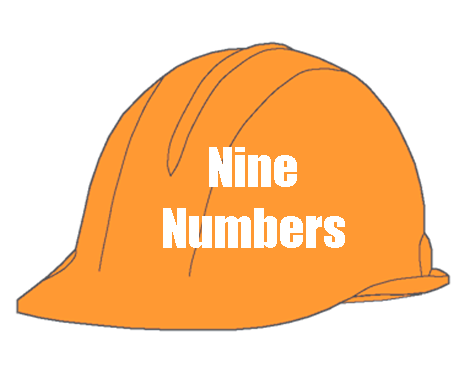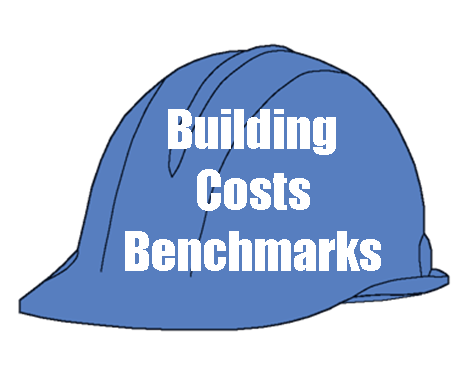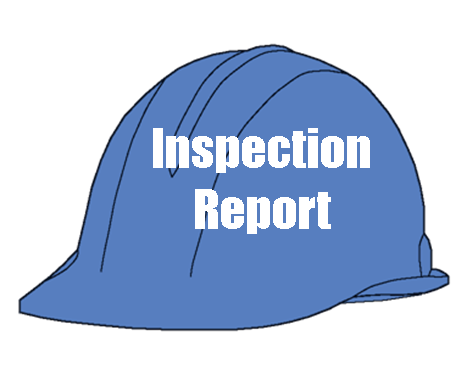Business Management--
Ten Commandments for Running Your Construction Business
Having run construction businesses for the last thirty-plus years, I have developed the following ten commandments as a guide. The list is offered here to suggest that you don't have to make all the mistakes I made; it is much smarter to just learn from my experience.
Good judgement comes from experience--experience comes from bad judgement.
The purpose of this list is to suggest a mindset about your efforts and get you thinking about how each of these "commandments" might apply to your construction enterprise.
1. You shall work on your business while working in your business.
Recognize that doing something like building a house and running an organization that builds houses are not the same skill set. Decide which actions are going to help your business succeed and do only those things. Is swinging a hammer on the jobsite all day long the best way to build a construction business? It may be necessary when you first start the business, but is it really a viable long-term strategy?
2. You shall only play in a game worth winning.
Operating your own company is a difficult and risky way to make a living. You should only select a market that has the potential to provide big rewards. Find a niche you can own in your market. If you can't find one, invent a new niche.
3. You shall position yourself and your business as problem-solvers.
The most successful enterprises make their customers feel smarter, richer, and more respected by helping them solve problems they face. Identify the problems your potential markets face, and then very clearly and pointedly demonstrate how you solve those problems.
Your client is not looking for a 1/4" drill bit, what they really want is a 1/4" hole.
4. You shall study your financials religiously.
Track your "Nine Numbers" every period (monthly, quarterly, annually) as though the existence of your enterprise depends on it -- IT DOES. Understand the importance of and how to use
- your Cash Flow Statement (money in, money out, and changes in financial status);
- your Income Statement (revenue, expenses and net profit or loss); and
- your Net Worth Statement (what you own (Assets), what you owe (Liabilities) and your wealth (Net Worth).
5. You shall conserve cash at all costs.
Know the difference between growth and profits, between revenue and income -- and which is more important to your survival. The Nine Numbers analysis will provide the information you need.
6. You shall treat your bankers and suppliers as you wish to be treated.
The Golden Rule can mean more gold. Common courtesy goes a long way in a relationship. Show these important service providers that you a running a business, not just a hobby. They will treat you like the serious businessman you are.
7. You shall accentuate the positive and eliminate the negative.
Build on and broadcast the positive things about you and your company. Get rid of or fix anything (people, process or property) holding you back.
8. You shall never mess with the Government. It is bigger than you, and it doesn't play fair.
"Never wrestle with a pig. You'll both get dirty and the pig enjoys it." Think about it. Comply with OSHA safety regulations, make your payroll deposits, document your subcontractor relationships for the Department of Labor. You have enough to worry about without worrying about wrestling the pig.
9. You shall get organized.
Learn the 4-D information management method.
- Do it (take care of the problem now);
- Date it (decide when you are going to take care of the problem and then actually put it on your calendar);
- Delegate it (give the task to someone else to complete and then monitor their progress); or
- Dump it (decide that nothing needs to be done and get it off your desk).
10. You shall systematize yourself out of a job.
Design an organization and set up management systems that keep on working even when you decide you don't want to any more. Replicate yourself by documenting and controlling the processes you use to serve your market.
Then you will have a business.


































